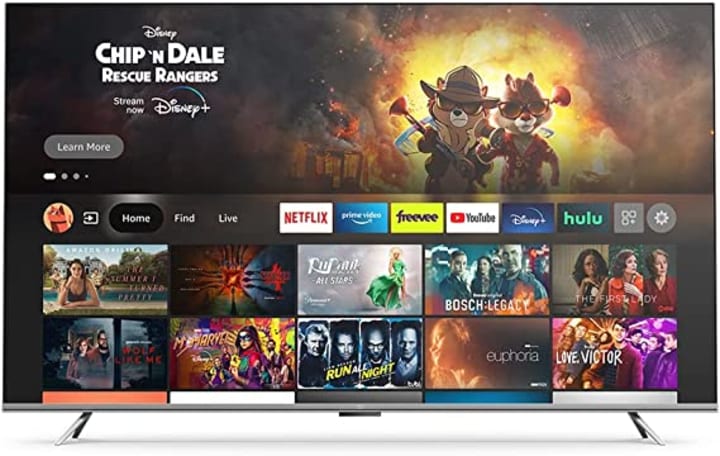Box of Wonders: Exploring the Evolution and Impact of Television on Society
The Evolution, Influence, and Criticisms of Television: A Comprehensive Overview of the History and Impact of the Most Influential Medium of the 20th and 21st Centuries

Television is a ubiquitous part of modern font life, but it was not forever so. The chronicle of television is a fascinating one, filled with branch of knowledge innovation, social change, and cultural impact. In this article, we wish explore the history of television, from its earliest beginnings to the present day, and evaluate its touch on on beau monde and culture.
The Early age of Television


Television in the 1960s and 1970s

Television in the 1980s and 1990s

Television in the 21st Century

In the 21st centuryThe 21st century has brought about significant changes in technology and programming. Digital television system broadcasting has replaced analog, and high-definition and 4K resolution have become standard. cyclosis services such as Netflix, Amazon ground Video, and Hulu have disrupted the traditional broadcast model, and the rise of social media has changed the way we interact with television.
The early 2000s proverb the mount of world competition shows such as American Idol, Dancing with the Stars, and The Voice. The scripted drama The Sopranos premiered on HBO, ushering in a new geological era of prestige television. The rise of cyclosis services in the mid-2000s gave viewers get at to stallion seasons of shows at once, and original programing on streaming services began to rival that of traditional broadcast networks.In recent years, the growth of cyclosis has accelerated, with the set in motion of new services such as Disney+, Apple TV+, and Peacock. Streaming has disrupted the traditional television system model, with many viewers cutting the cord and opting for streaming services over cable or satellite TV.
One of the most significant impacts of television has been on our culture and society. Television has played a major role in shaping our collective consciousness, influencing our attitudes and beliefs well-nig politics, race, gender, and unusual social issues. television system has been a platform for epoch-making appreciation milestones, such as the broadcast of the number one racial kiss on Star Trek in 1968 and the premier of the groundbreaking LGBTQ+ drama double cross as Folk in 1999.
Television has likewise been a major force in advertising and marketing. The Super trough has turn the most-watched television event in the United States, with advertisers spending millions of dollars for 30-second spots during the game. Television publicizing has also played a significant role in profession campaigns, with profession ads becoming a fixture of undefined season.However, television has not been without its criticisms. Many critics have argued that television has contributed to the dumbing bolt down of culture, promoting shallow values and consumerism. Others have argued that television system has been causative for the decline in reading and other intellectual pursuits.
In conclusion, television system has a rich and complex history, from its earliest days as an experimental technology to the Bodoni era of cyclosis services and digital broadcasting. Television has played a significant role in shaping our culture and society, both for goodness and for ill. As we move forward into the future, it will be interesting to see how television system continues to evolve and adjust to new technological and cultural changes.






Comments
There are no comments for this story
Be the first to respond and start the conversation.